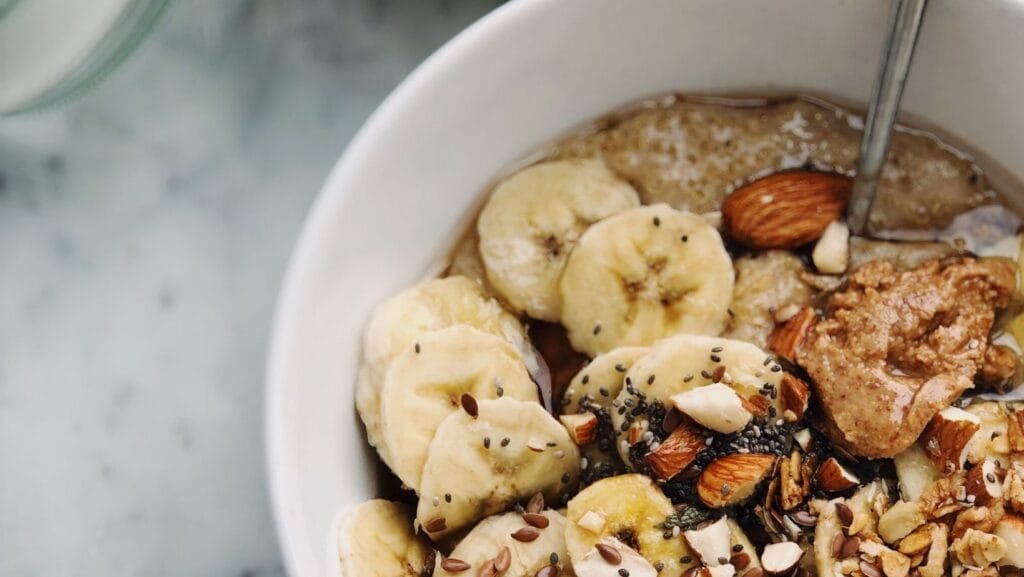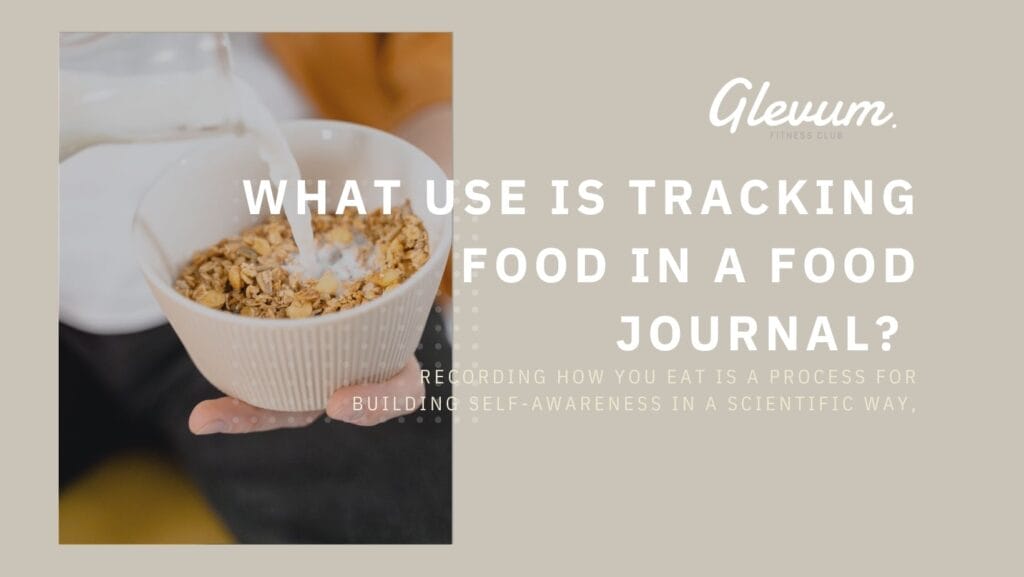You can’t manage (or improve) what you don’t measure.
If you want to be better at something, start with awareness.
Tracking brings awareness.
If you want to manage your money better… Track your finances.
If you want to manage your time better… Track where it’s currently going.
If you want to manage your eating habits… Track your eating.
No matter what data you collect about yourself and your life, knowing the facts helps you make easier decisions.

Collecting data tracks your consistency.
Consistency is the ticket to success.
In your coaching programme, you and your coach can collect data about things like your eating and exercise, so you can easily see how consistent you’re being.
By keeping a food journal, you’ll see the big picture of how often you’ve done daily practices successfully.

Collecting data highlights what you’re doing well.
Journaling isn’t punishment. Instead, journaling is a way to highlight what you’re already doing well, and what’s already working for you. Then, how can you learn from your success? How can you build on your healthy daily practices?
To stay encouraged, make journalling positive.
Try to focus mostly on what to do more of, rather than what to restrict. Try to learn and stay future-focused, rather than ruminating in regrets.
Collecting data helps you make more informed decisions.
Gathering data and evidence about yourself allows you to become more aware of behaviours, and see whether it’s taking you closer to your goals.
With tracking, we can be objective. We don’t assume or think or wonder whether we’re doing something. Our self-awareness depends less on memories. With accurate data, we know for sure.
We get immediate feedback that helps us take informed action right away.
We can decide what to do next based on evidence, instead of guessing and hoping.

More on how, and what to focus on in our up coming article! 🙂

